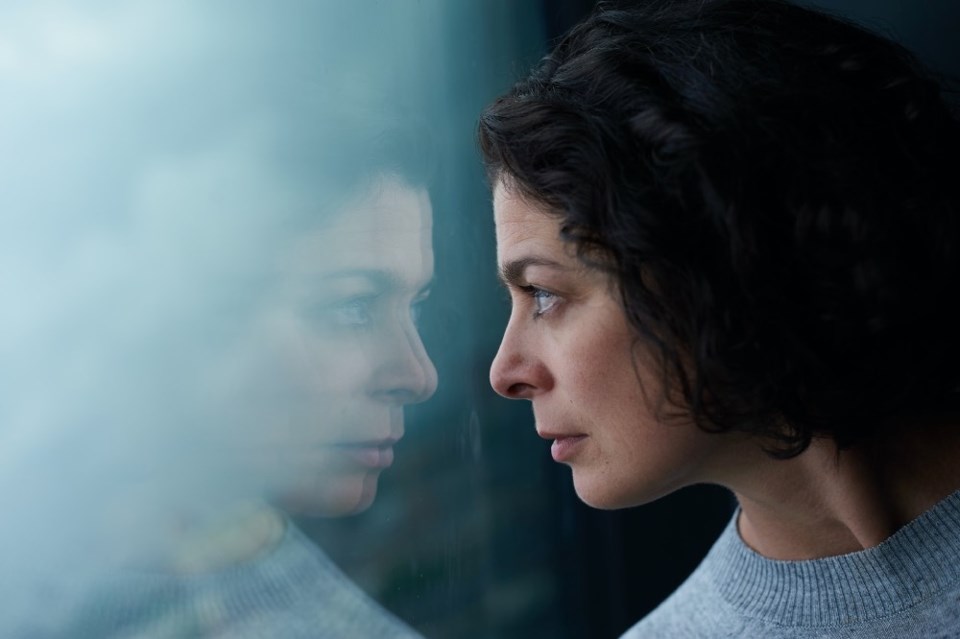Have you ever thought about who or what we are, actually? What a silly question, you say! Of course, we are our bodies. When my body walks into a room, everyone says I walked in. When I look into the mirror, I know I am looking at myself. But when you see your body in the mirror, who or what exactly is doing the looking? Your body in the mirror looked so different when you were ten years old, compared to now. ‘You’ could always see your body with or without the mirror, observe your hands and move them up and down. So you must be ‘that’ which makes your body move as per your wishes and not the body itself.
Now I know, you say. I am the mind! It is my mind that makes my body move. But what is it that you call as your mind? Is it the thought or idea that makes you lift your hand up sometimes or keep it still, makes you watch TV or eat your dinner? Or is it the feeling of hunger that triggered the thought of getting yourself some dinner? Is it the feeling of happiness or sorrow or boredom that you feel from time to time? Or is it the intellectual capacity that makes you solve a calculus problem in a jiffy, while I struggle with it for hours? Is it the memory or pool of knowledge stored up in your brain? Is it the heavenly sensation that you experience while eating your favourite meal or listening to your favourite song? But wait a second, you say. ‘Who’ or ‘what’ is it that is able to observe or recognize these thoughts, feelings, sensations that I call as my ‘mind’? Because the same, unchanging ‘me’ has been observing these different thoughts or feelings over all these years. In fact my mind was very different when I was a ten year old, compared to now and ‘I’ can observe that. If I pay conscious attention, I can passively observe various thoughts, feelings and sensations come and go as they please. So I am not even my mind actually, but ‘that’ which sits one level behind the mind and is able to observe it.
If we have travelled together so far, let’s pause for a bit and consider the implications of this understanding. We can see that, in reality, we are something that is quite unchanging while our bodies change with time. In other words, there is no point in getting identified with our bodies, which we are not. Our body is like a free toy that is given to us when we are born; we can take care of it and make the best out of it, but there is no point in getting too attached to it. We can see it withering away slowly anyway. If our body is like the hardware, our intellectual capacity is like the software of an electronic toy. It is nothing to feel proud of or ashamed about; but we can try and put it to some use. There is also nothing permanent about what we call as our mind whether they are thoughts, feelings, emotions and sensations. They come and go like clouds in the sky. Even the worst of emotions, like the worst of storms, passes away over time. It is pointless to identify ourselves with them and get either worked up over them or get carried away. What we refer to as life’s ‘worries’ are mostly fleeting thoughts or feelings. Of course, we do have physical challenges to survive in this world that affect both our bodies and minds and we must act appropriately to address them. However, we are now able to see that most of our fears and worries are not rooted in a physical reality but are psychological – existing only in our minds. The real ‘me’ is untouched and free from all this psychological turmoil, just as the sky is untainted by all the storms that pass by.
We haven’t still answered the question who or what we are, actually. We could see that we are neither our bodies nor our minds. We are that unchaging ground which makes all experience possible, whether it is of our bodies or of minds. It is like light that has no color by itself, but makes all colors possible or like air that allows for the creation of a variety of sounds. We are ‘that’ which in fact makes all life possible. The understanding of ‘it’ is within the grasp of each of us, if only we pay adequate attention to it. The true purpose of meditation is to get in touch with it. It is like the air we breathe; we don’t see it unless we seek it. Does ‘it’ have a name? Depending on our conditioning, we have given it a myriad names – spirit, soul, consciousness, God, intelligence, eternal love and so on. But why give it a name, except to satisfy our own intellectual craving. What is of immense practical value, however, is just this understanding or realization, because it sets us free. Many follow-up questions might naturally arise – is ‘it’ omnipresent or immortal? Will it be reborn in a different body-mind combination? Once again, how does it matter? To paraphrase Epicurus, ‘the question of death or what happens after death is of no concern to me. For as long as I exist, death is not here. And when death does arrive, I no longer exist!’
Ravee Chittoor is an associate professor at the University of Victoria. The views he expresses are personal.
You can read more articles on our interfaith blog, Spiritually Speaking, HERE https://www.timescolonist.com/blogs/spiritually-speaking



